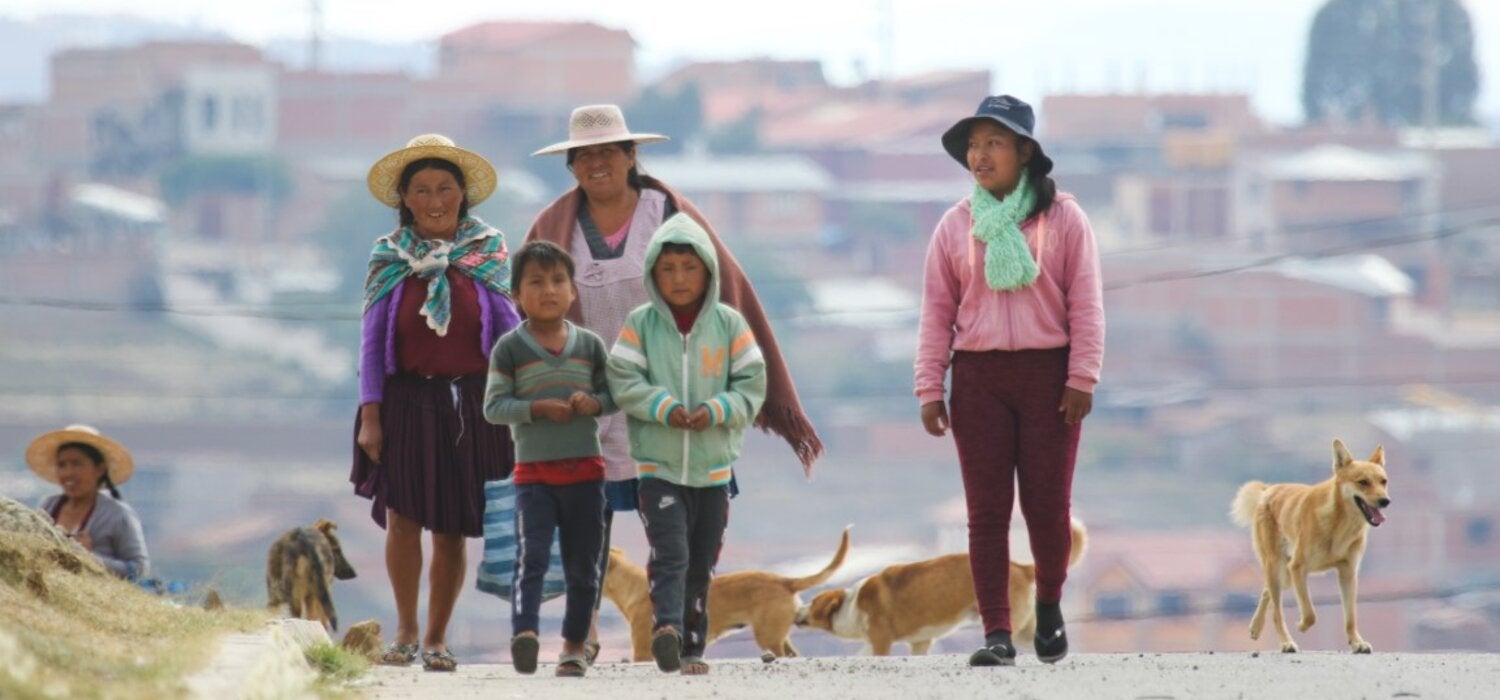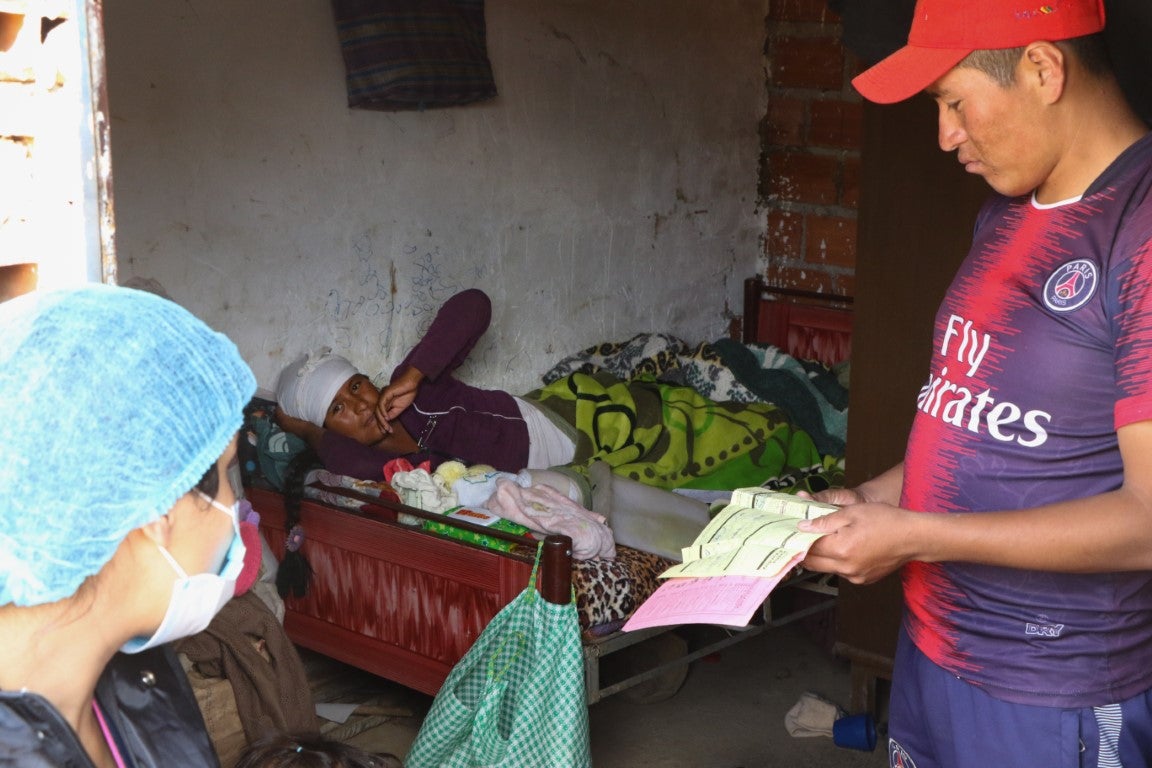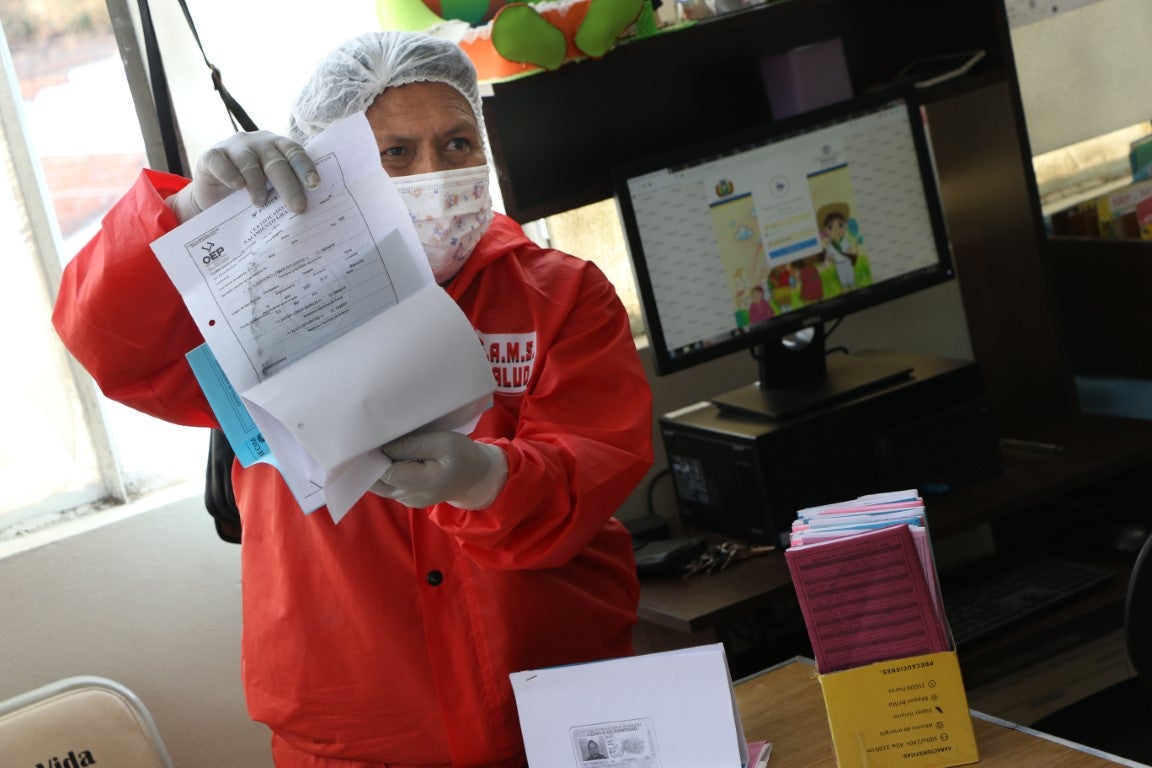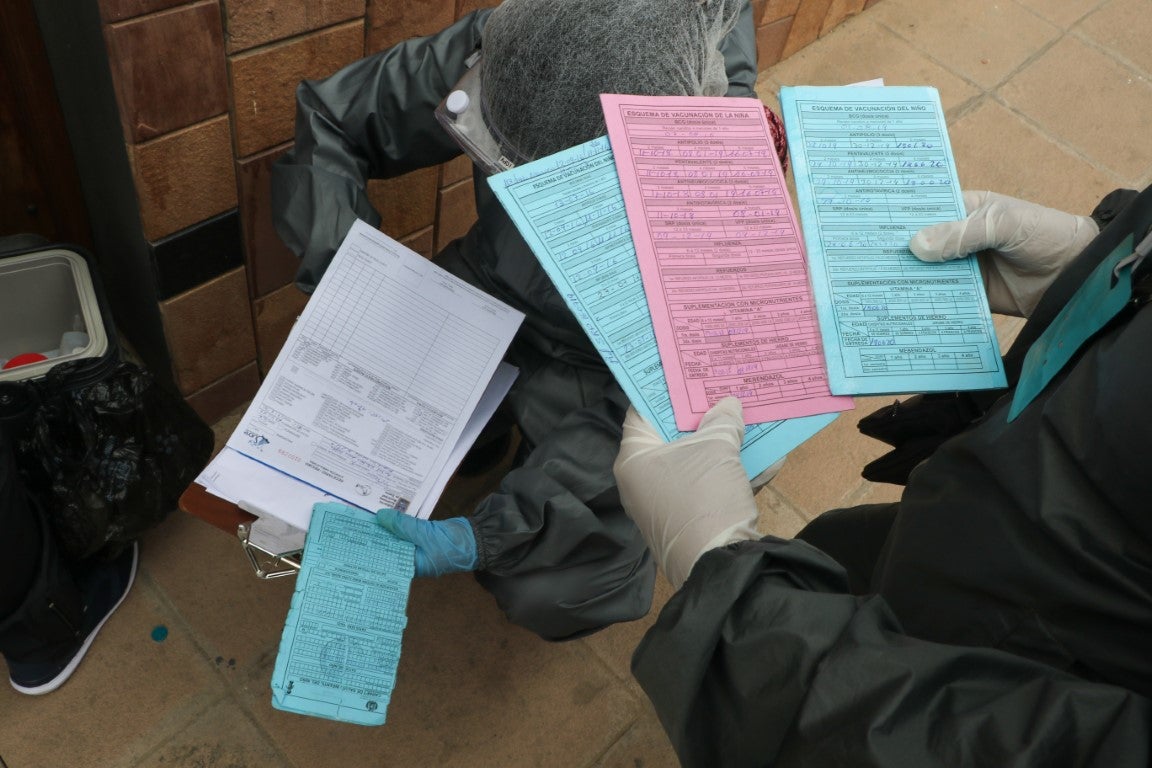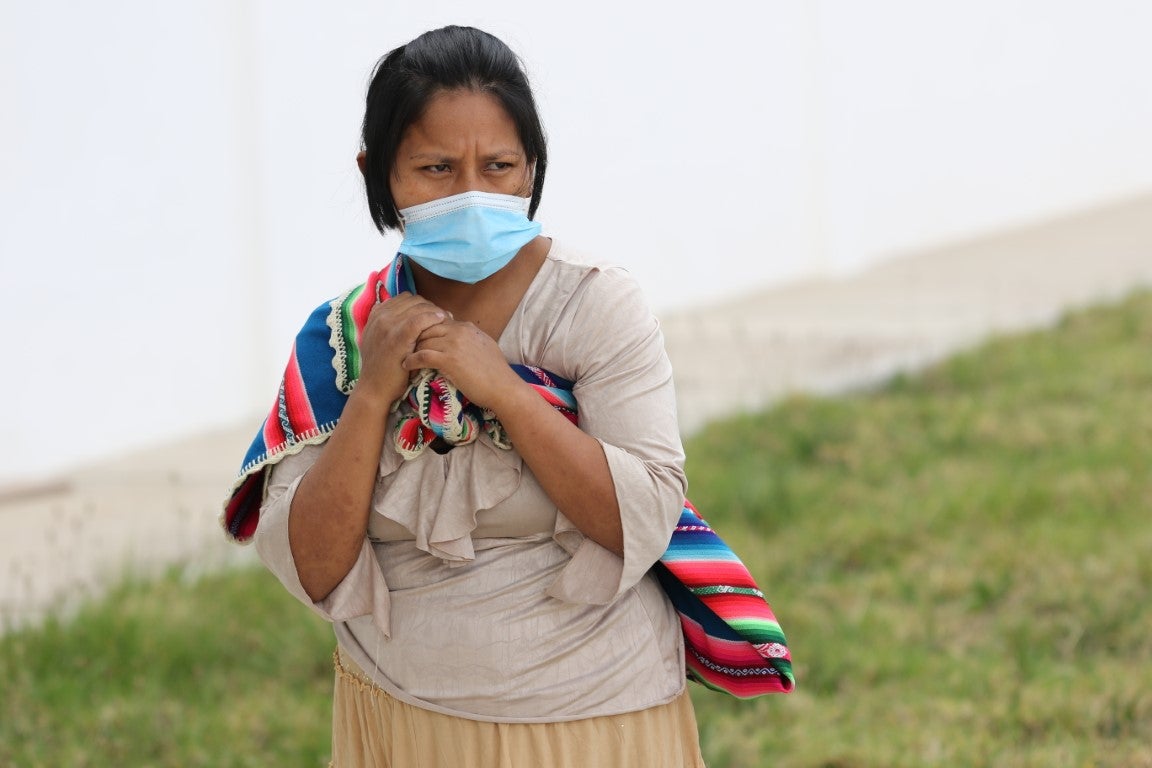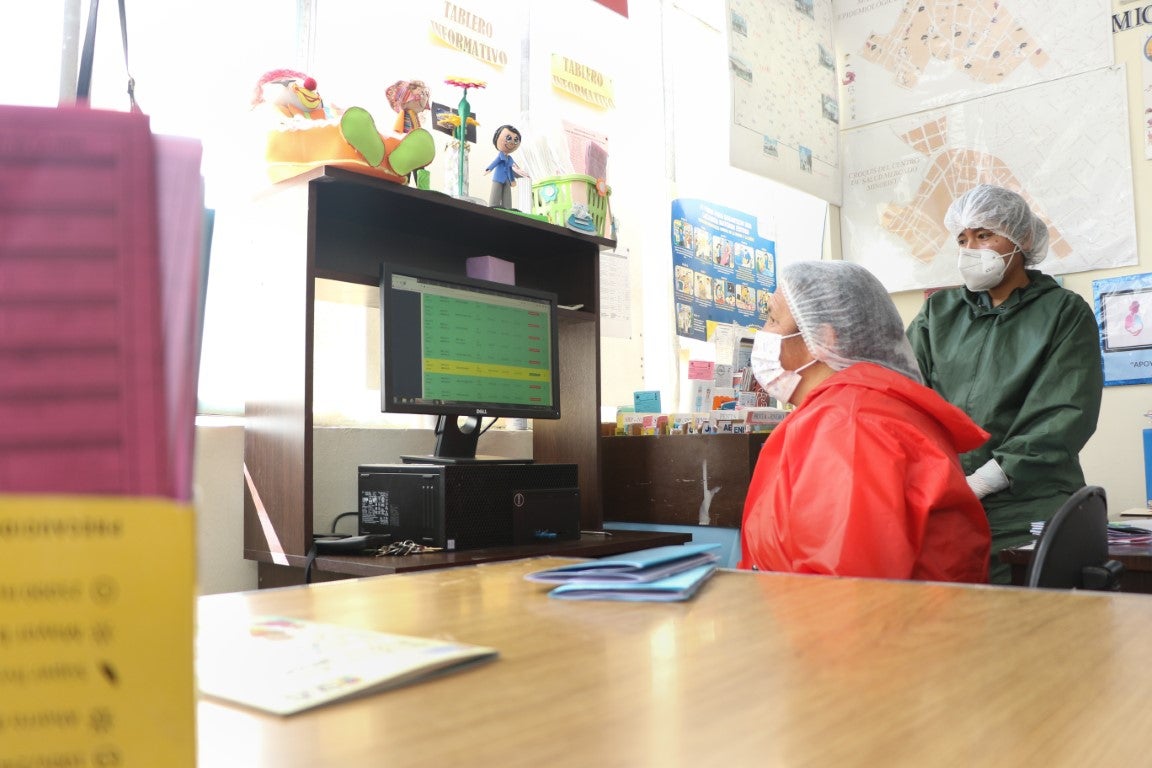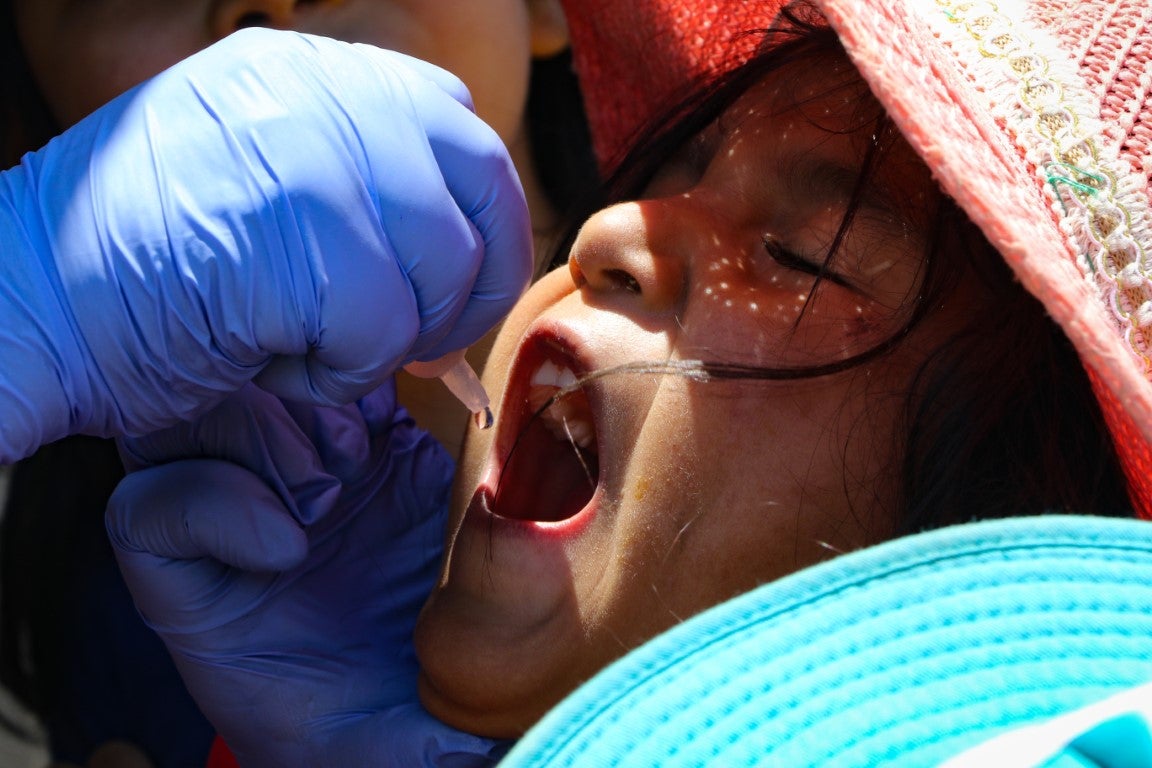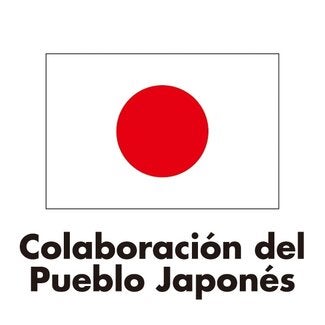Urban-to-rural migration is the main factor in the population growth of the municipality of Sucre, Bolivia. Hundreds of rural families leave their lands to seek a job and better education for their children in the city. However, this move is not permanent since the family goes back every season to continue to work on the land.
In this struggle to make a living, a migrant family has to temporarily move every year, which tends to result in problems like misplacing important documents such as the vaccination record of newborns.
Using the Electronic Immunization Registry (EIR) introduced with the support of the Pan American Health Organization (PAHO), health workers in charge of immunization can access the complete immunization history of every child, thus averting the risk of duplicate vaccination or gaps in the administration of doses.
The system is currently being implemented and by 2021 any mother should be able to request electronic immunization records at health centers in every region of the country.
“This is good news for all us, as it’s going to really help and will take a load off our minds,” said Edith Chavarria, the mother of four-month old twins who is from a rural area..
Ingrid Ardaya, head nurse of a pilot immunization center that is implementing the EIR says the new system is one hundred percent reliable, due to the accuracy of children’s vaccination data.
“In addition to the Electronic Registry, an Android app for cell phones is being developed that will remind mothers of the date when they should return to complete the vaccine doses for their children,” she explains..
The app is still being developed by Ministry of Health technical personnel and is expected that to be in use throughout the country by 2021
The EIR is truly a major breakthrough that will help better protect the health of Bolivian children.

